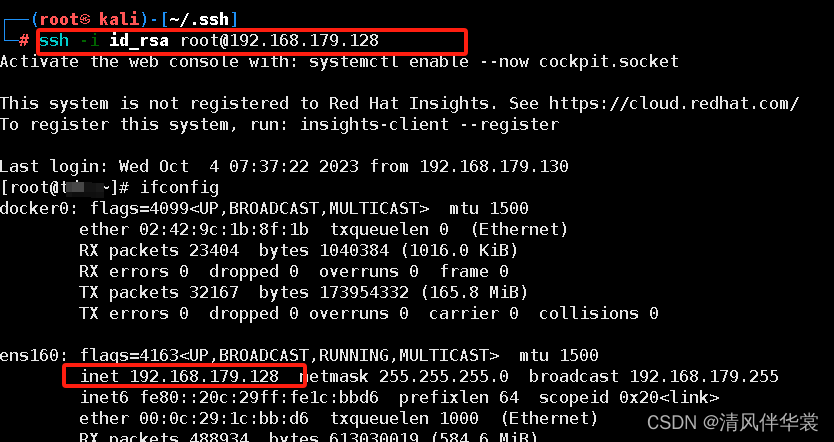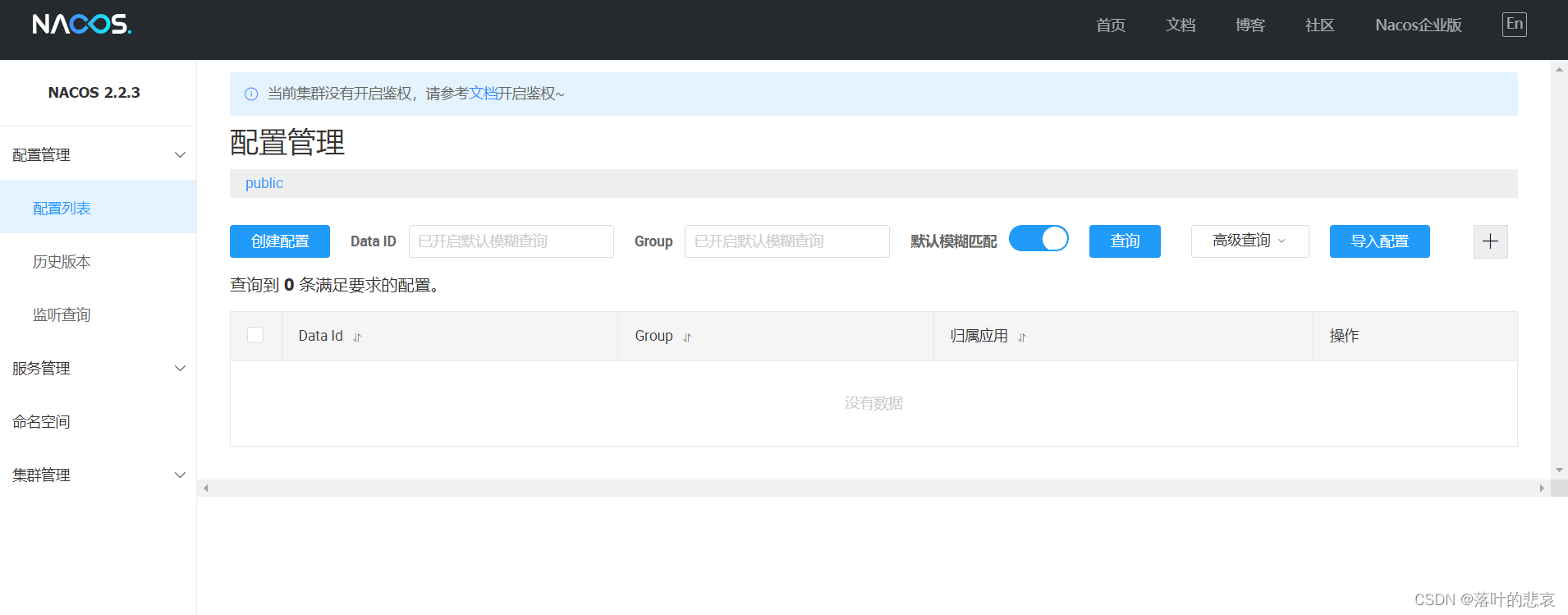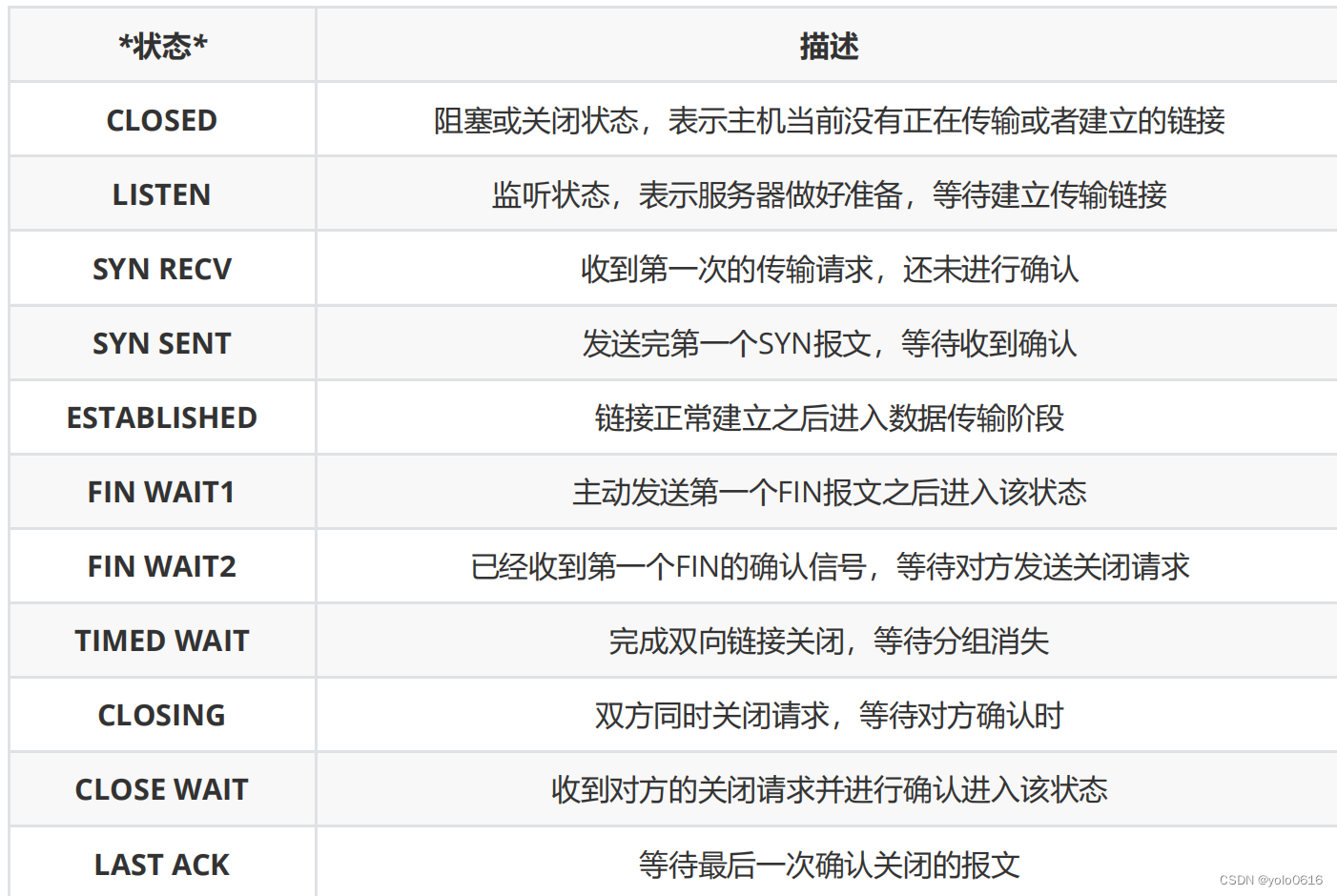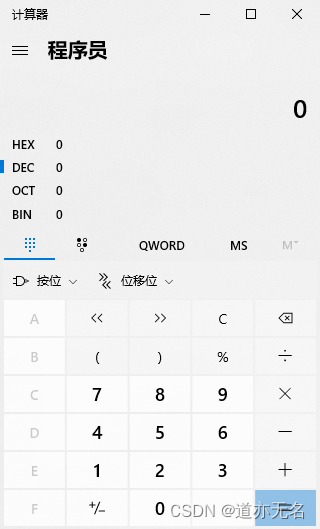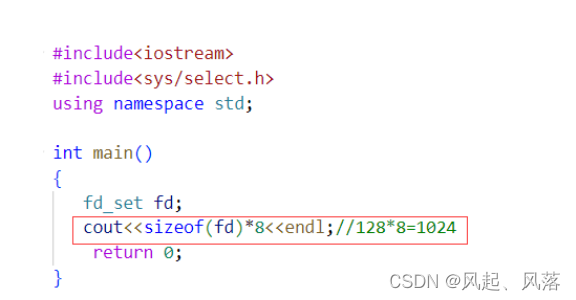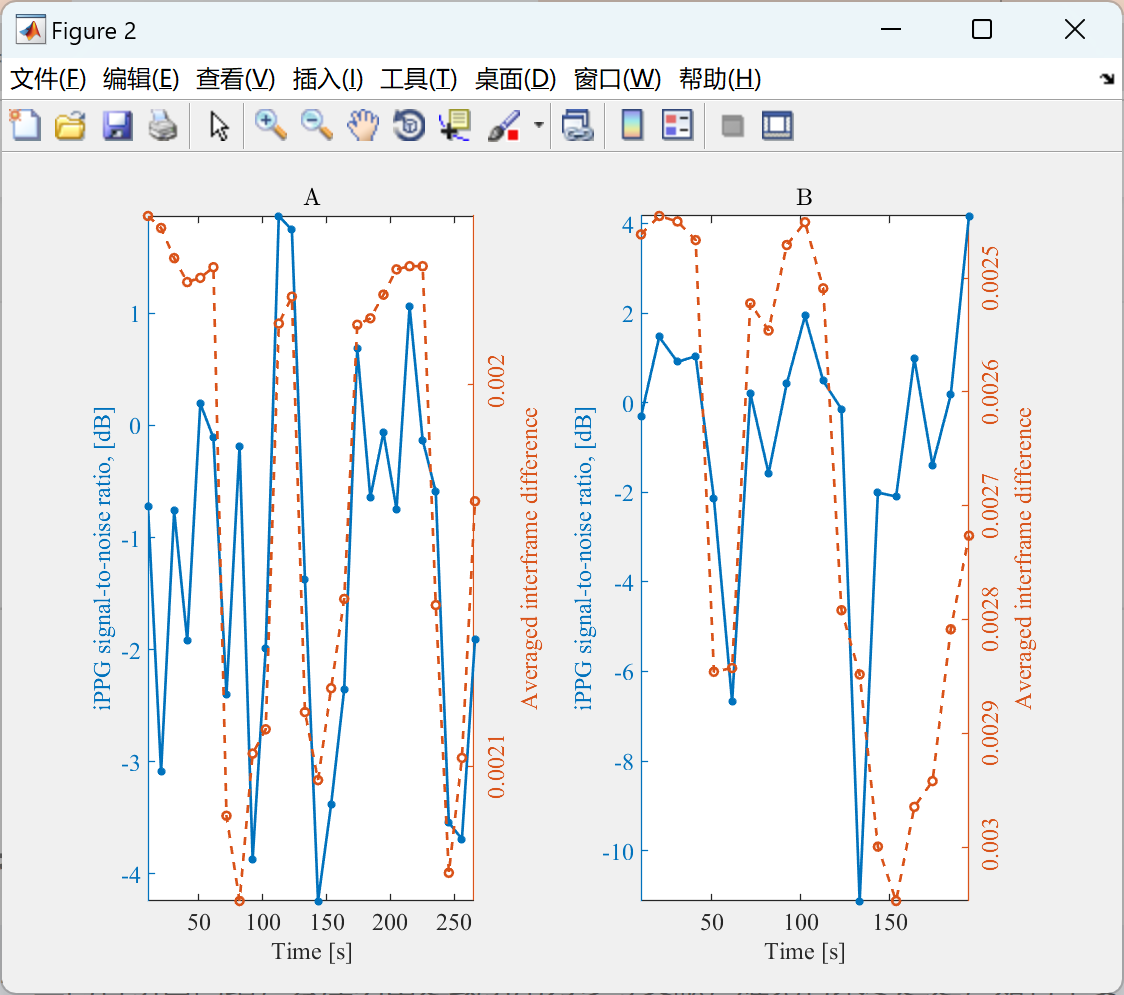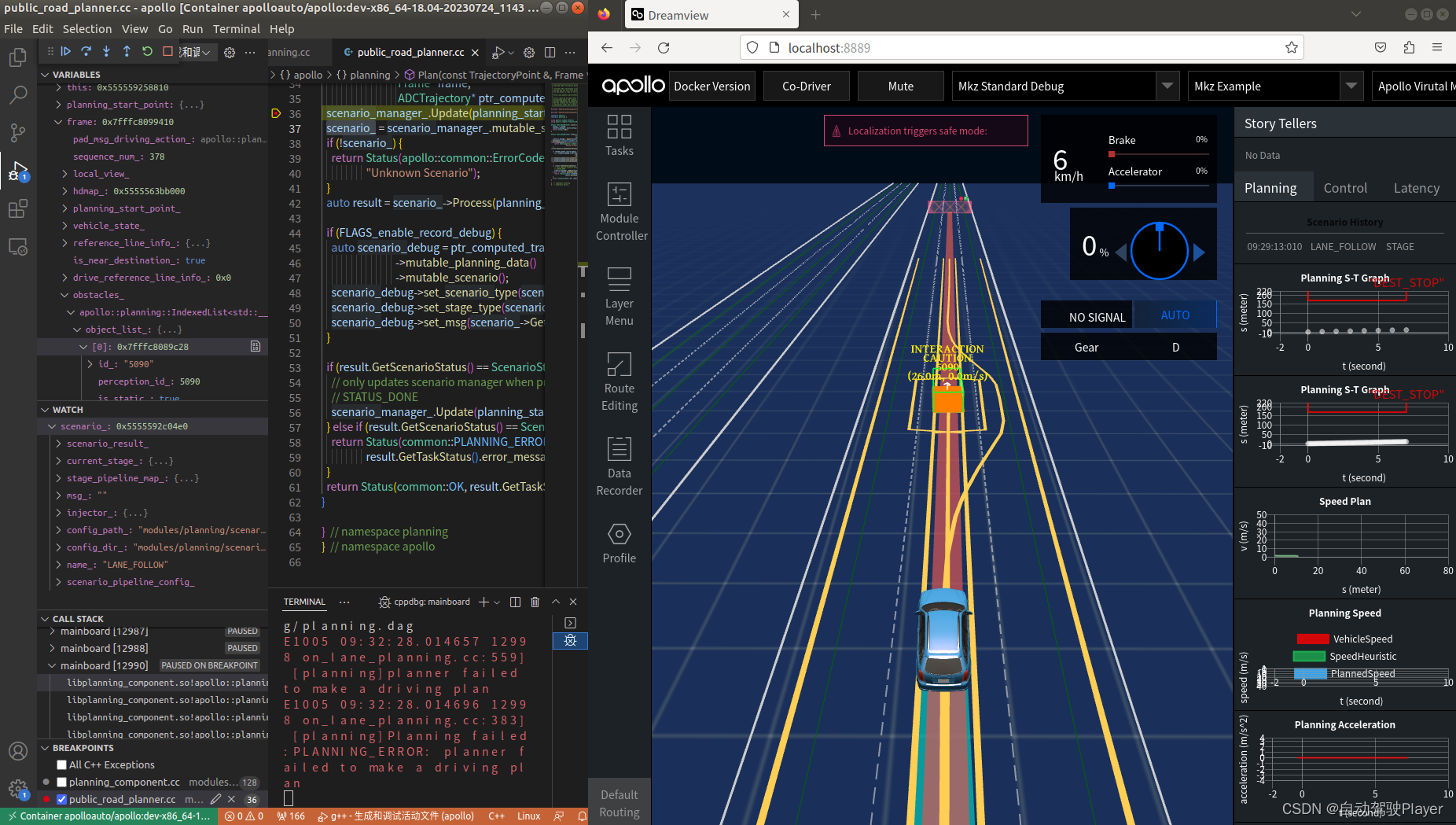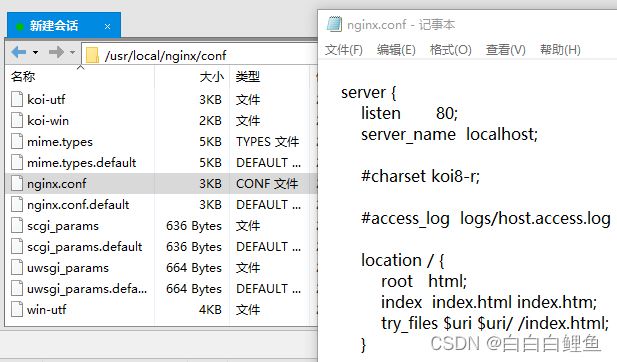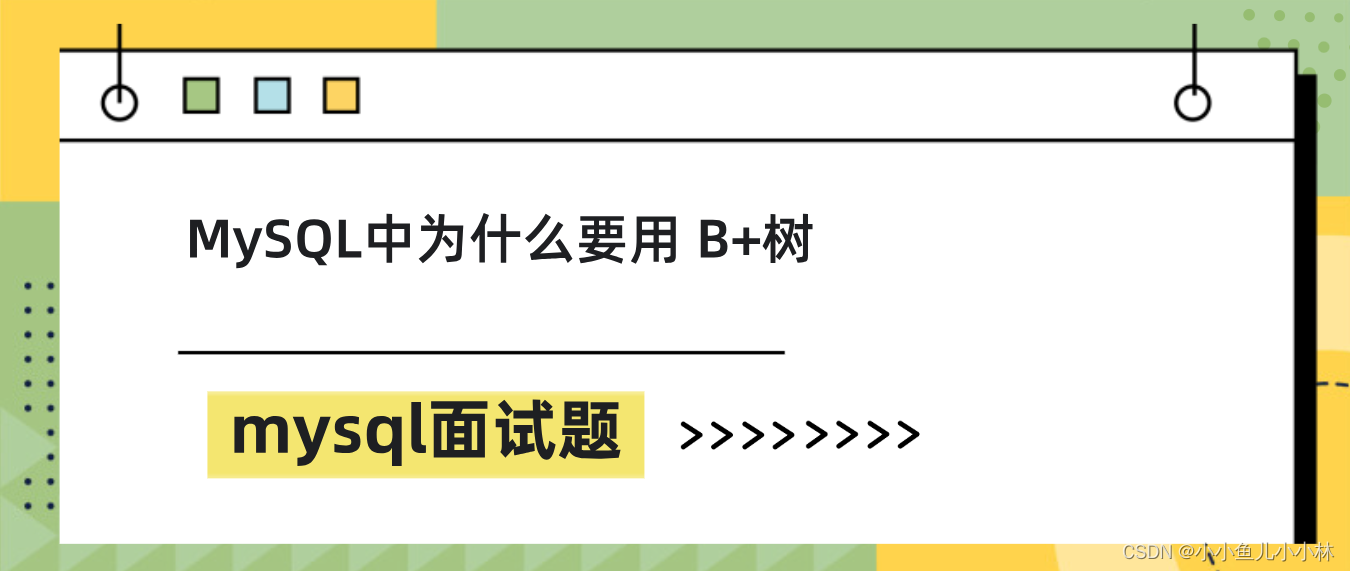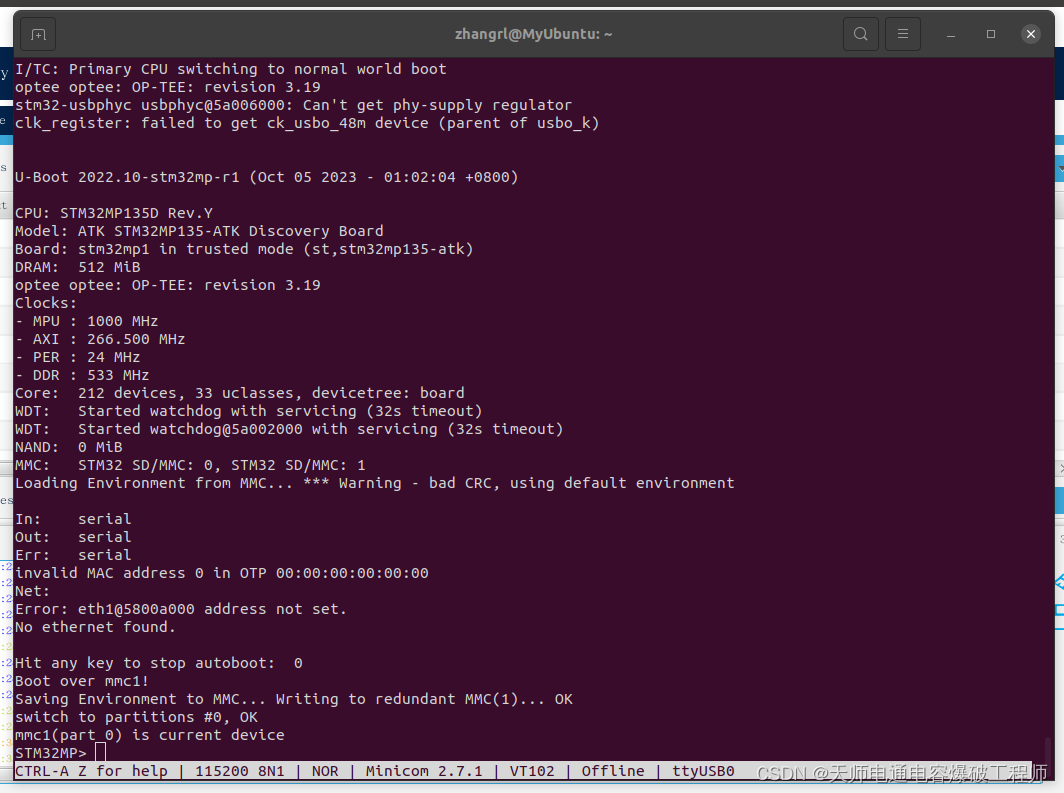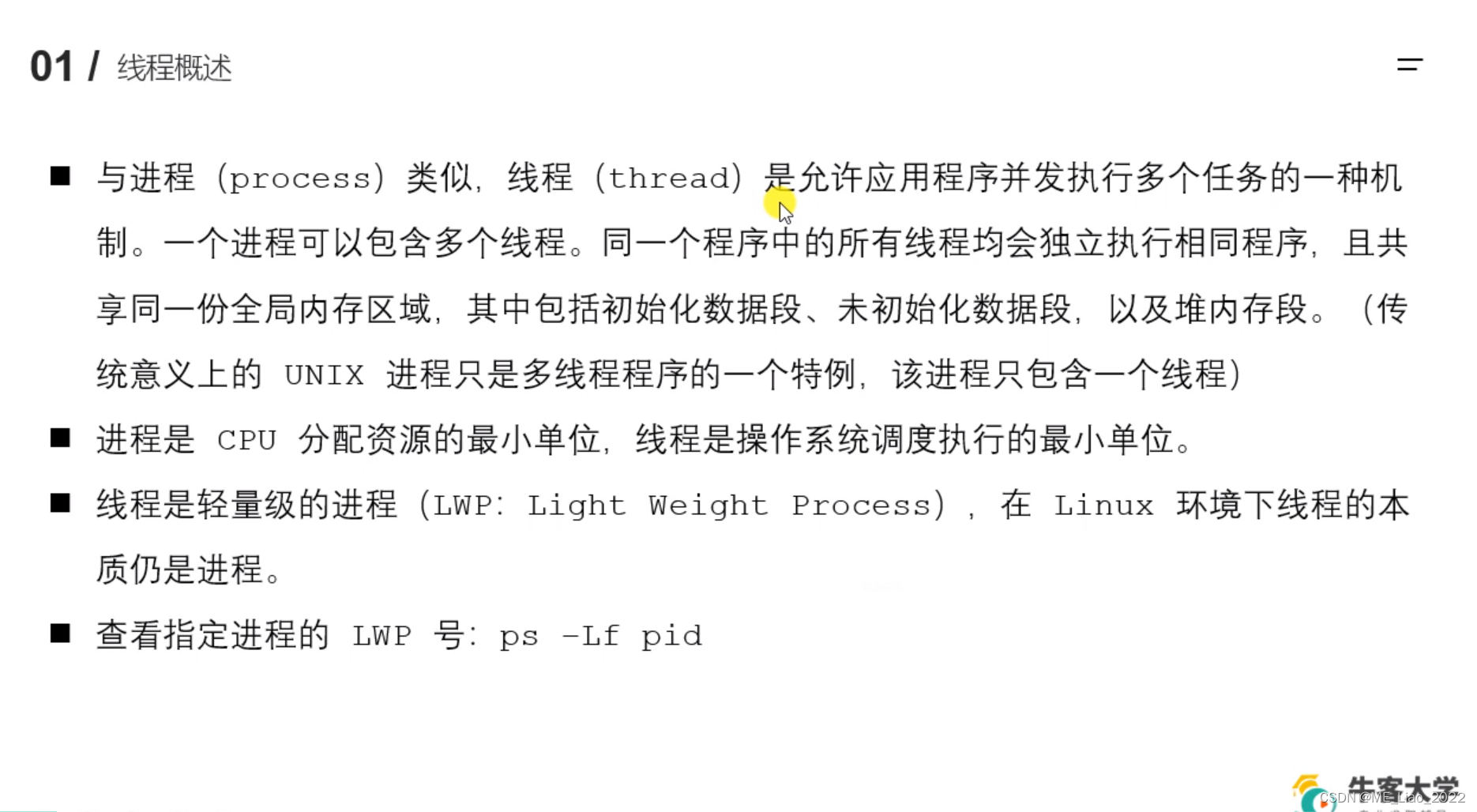
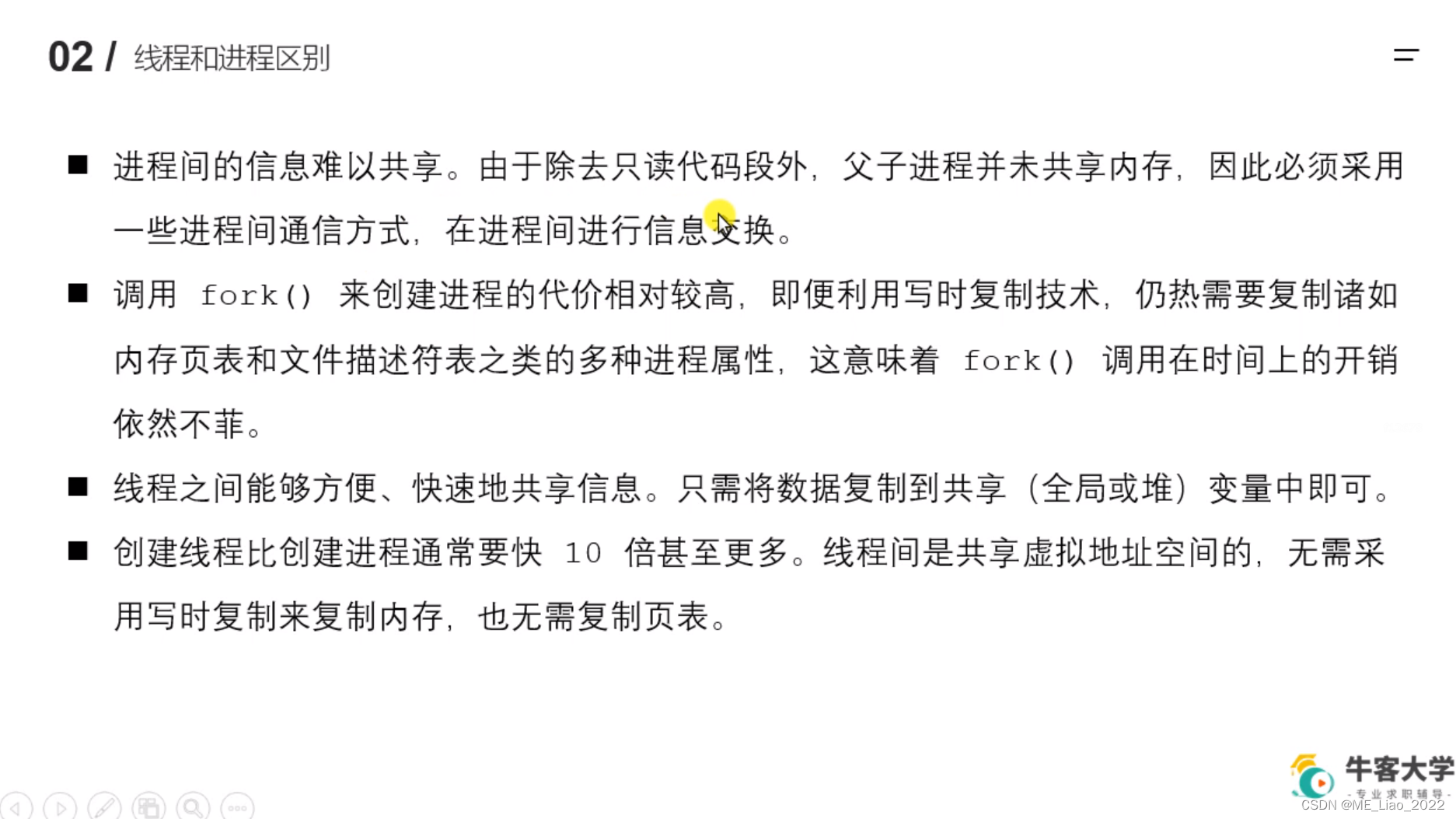
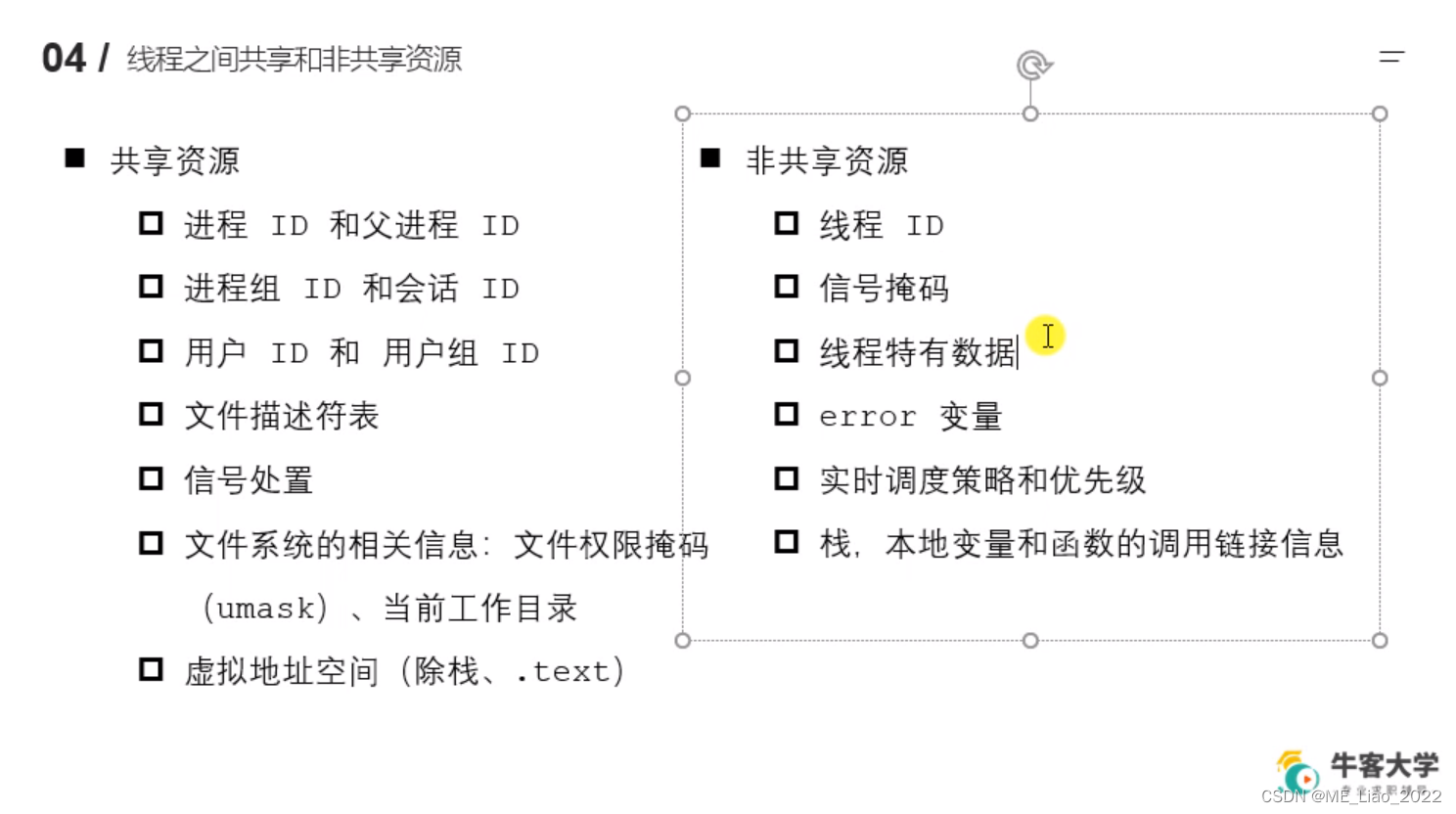

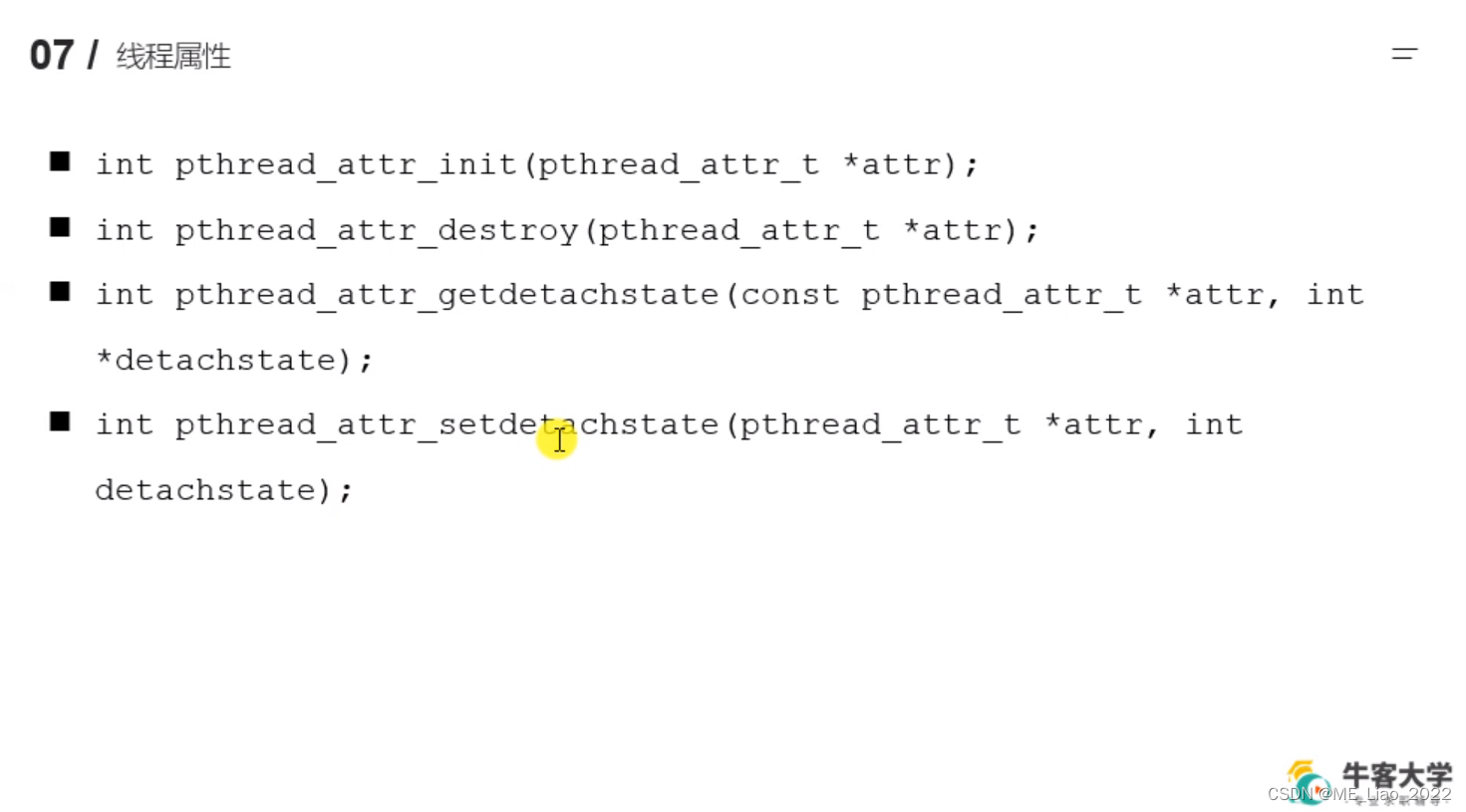
#include <pthread.h>
int pthread_create(pthread_t *thread, const pthread_attr_t *attr, void *(*start_routine) (void *), void *arg);
功能:创建一个子线程
参数:
-thread:传出参数,线程创建成功后,子线程的ID被写到该变量
-attr:设置线程的属性,一般使用默认值NULL
-start_routine:函数指针,这个函数是子线程需要处理的逻辑代码
-arg:给第三个参数使用,传参
返回值:成功:0
失败:返回错误号
获取错误号的信息:char* strerror(int errnum);
#include<pthread.h>
#include<string.h>
#include<stdio.h>
#include<unistd.h>
void * callback(void * arg) {
printf("child thread...");
return NULL;
}
int main() {
pthread_t tid;
int ret = pthread_create(&tid, NULL, callback, NULL);
if(ret != 0) {
char* errstr = strerror(ret);
printf("error: %s\n", errstr);
}
for(int i = 0; i < 5; i++) {
printf("%d\n", i);
}
sleep(1);
return 0;
}#include <pthread.h>
int pthread_join(pthread_t thread, void **retval);
功能:和一个已经终止的线程进行连接,回收子线程的资源,这个函数是阻塞函数,调用一次只能回收一个子线程,一般在主线程中使用
参数:
-thread:线程ID
-retval:接收子线程退出时的返回值
Compile and link with -pthread.
#include<pthread.h>
#include<stdio.h>
#include<string.h>
#include<unistd.h>
void* callback(void* arg) {
printf("child thread id : %ld\n", pthread_self());
sleep(3);
return NULL;
}
int main() {
pthread_t tid;
int ret = pthread_create(&tid, NULL, callback, NULL);
if(ret != 0) {
char* errstr = strerror(ret);
printf("errnum: %s\n", errstr);
}
for(int i = 0; i < 5; i++) {
printf("%d\n", i);
}
ret = pthread_join(tid, NULL);
if(ret != 0) {
char* errstr = strerror(ret);
printf("errnum: %s\n", errstr);
}
printf("回收子线程资源成功!\n");
pthread_exit(NULL);//让主线程退出,对其他线程没有影响
return 0;
}